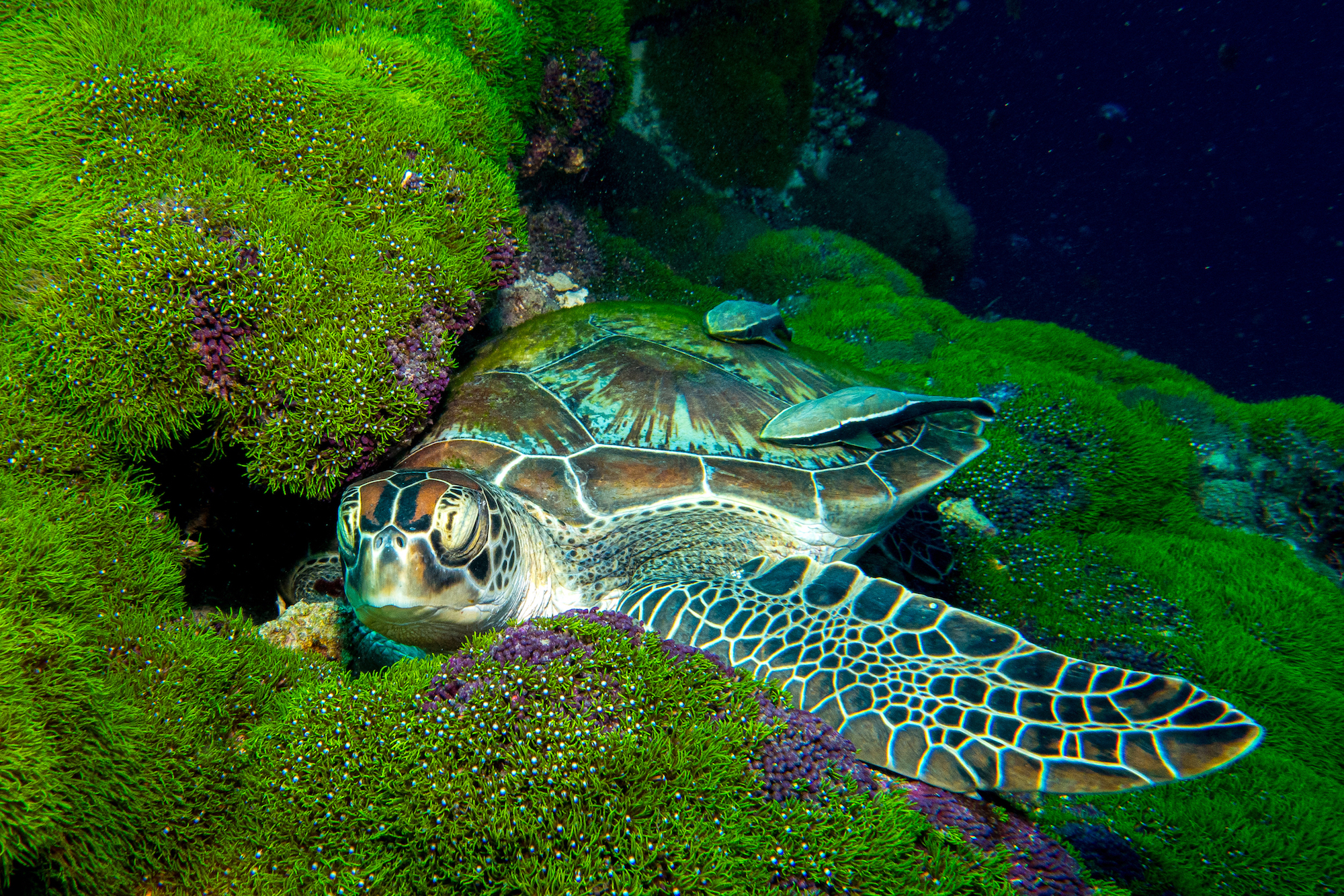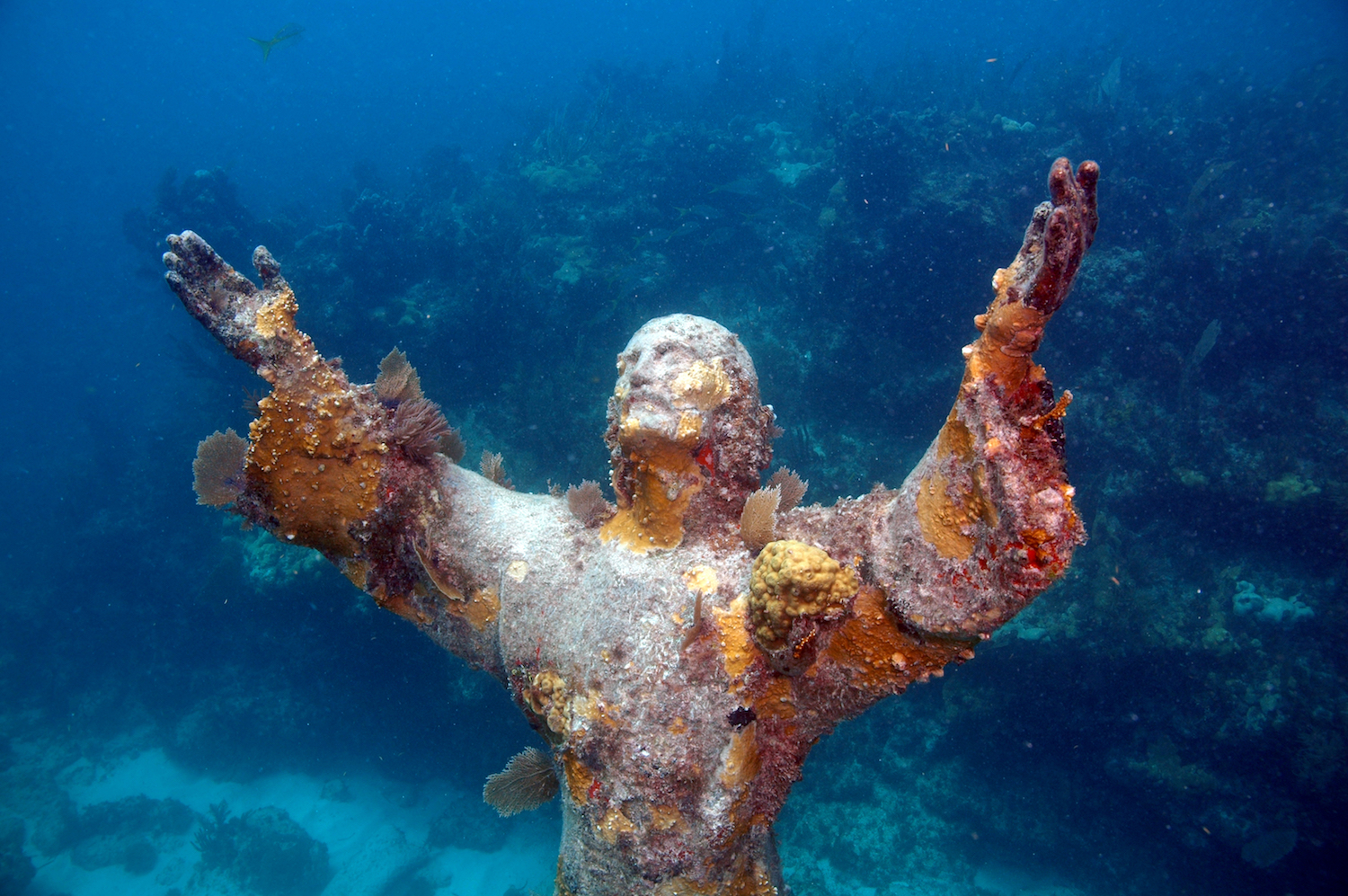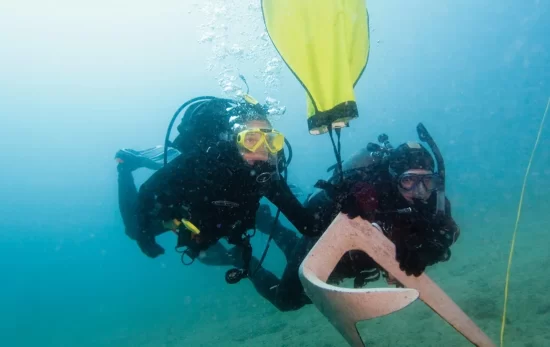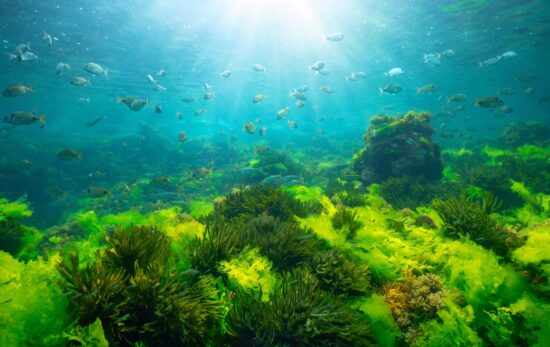Sleep contributes to healthy brain ecology and is actually part of learning anything. It is even part of reducing your risk while diving – or while doing almost anything else. The cliché says, “You snooze you lose,” but science says sleep is a winning strategy.
Sleep, Learning and Memory
Sleep is like many other aspects of instruction, such as repetition, in that we know that it benefits learning and recall, but we really don’t know why it does so. But, there are quite a few theories and hypotheses. Broadly, cognitive psychologists sometimes tie sleep to “ACR” in memory modeling: Acquisition (when you’re exposed to what you’re learning), Consolidation (when your brain processes new information into memory so you can recall it later) and Retrieval (remembering and using what you learned). We acquire and retrieve while we’re awake, but consolidation happens largely (or maybe entirely) while we sleep. Furthermore, it appears our brains can only “hold” so much without consolidation, after which we start forgetting things before they store in our long term memory. Many studies, like this one, find a substantial correlation between sleep and learning, and some like the one cited here found that a shorter interval between learning and sleep improves memory retrieval (but that’s not excuse to fall asleep during a PADI Specialty Diver course – not that you’re likely to!). Another recent study shows that beyond learning facts and concepts, sleep is even important for learning motor skills. In other words, sleep not only helps PADI Divemaster candidates remember Boyle’s Law, but it helped you as a PADI Open Water Diver student learning skills like sharing air with your alternate air source and hovering neutrally buoyant.

Sleep, Problem Solving and Judgment
You’ve probably experienced this: It’s at the end of the day, you’re tired and you’re faced with a big decision that seems overwhelming, but there’s some time. “Let me sleep on it,” you say and go to bed. When you get up, somehow the situation isn’t so dire, and you not only know exactly what to do, but it’s obvious.
What happened? You’re less tired for sure, but actually you were working on the problem while you slept. As reported here, many anecdotes, and now formal studies, find that sleep enhances our creativity and problem solving by processing while we sleep. A diving example of this, Dr. Raymond Rogers, who developed the Recreational Dive Planner, said that he fell asleep while trying to figure out how to make a dive table that could be used like a slide rule. When he woke up he had the answer – the famed Wheel version of the RDP. (Note: All this happened in the late 1980s before dive computers were prevalent. The Wheel was discontinued in 2008 as dive computers became standard equipment).
Looking at the other side of the coin, studies like this one find that a lack of sleep impairs us by impeding judgment and good decisions, and by increasing impulsive behaviors. You wouldn’t go diving or drive a car while drunk, right? A 1997 Australian study found that 17 hours without sleep decreased mental function the same as having a .05% blood alcohol level – perhaps not legally drunk with respect to driving in most US states, but unquestionably enough to impair your skills.
Make Sleep Part of Being a Good Diver
- Get adequate sleep to enhance learning. You want to hang out with your classmates bit later? No worries – take naps after class before the get-together, then sleep in the next day if you ended up being out a bit late.
- Get adequate sleep before diving. Whether it’s a Dive Against Debris® dive with fellow Ocean Torchbearers or a “big” dive with Tec 100 CCR team mates, sleep 8+ hours the night before so you’re not only rested, but so you think clearly and make good judgments – both part of safe diving.
- Couldn’t sleep? Stayed up too late? I get it – I go on holiday, too, and evenings socializing with friends are part of it. Skip the morning dive and sleep. Catch the afternoon boat fresh and ready to go. Went to bed but couldn’t sleep for some reason? Reschedule. Waiting until you’ve slept not only benefits your safety and well being, but you’ll probably have more fun.
In his book, Why We Sleep, British neuroscience and psychology professor Matthew Walker, Ph.D. says, “Sleep is the greatest legal performance-enhancing drug that most people are probably neglecting.” We can all be better divers simply by not making that mistake.
Seek adventure. Save the ocean.
Dr. Drew Richardson
PADI President & CEO.





